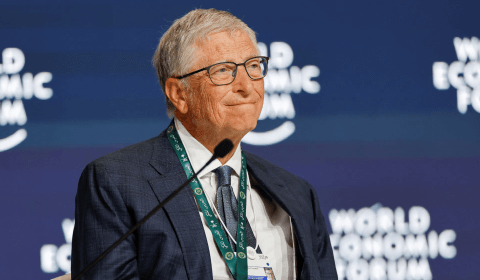Shell is the latest fossil fuel giant to scale back its climate pledges in favour of increasing pay outs to shareholders. The company claims it has already reached its green target after selling interest in a Texan oilfield during 2021.
Despite making record profits in 2022, Shell believes its shareholders deserve even grander payouts. The all-too familiar caveat of this decision is that sustainable targets will take the hit.
Last week, a company announcement revealed Shell is dropping plans to cut oil production annually until the end of the decade. It had previously pledged in 2021 to reduce oil volume by ‘1 to 2 percent each year’ until 2030, but a complete U-turn has now been initiated.
Shell now plans to invest $40bn in fossil fuel production between 2023 and 2035, compared to between $10bn and $15bn in ‘low carbon’ alternatives like biofuel, hydrogen, and carbon capture projects.
It goes without saying that such disparity puts Ben van Beurden’s – Shell’s former chief executive – already dubious plans for net zero by 2050 completely on ice. Compared to his successor, Wael Sawan, it seems van Beurden’s leadership may have represented the lesser of two evils.
Since taking the hot seat, Sawan has emphasised financial return for investors at all costs. ‘We want to reward our shareholders today far and into the future,’ he stated at the New York stock exchange, repeatedly underlining his belief that oil and gas will be required in the long term.




















